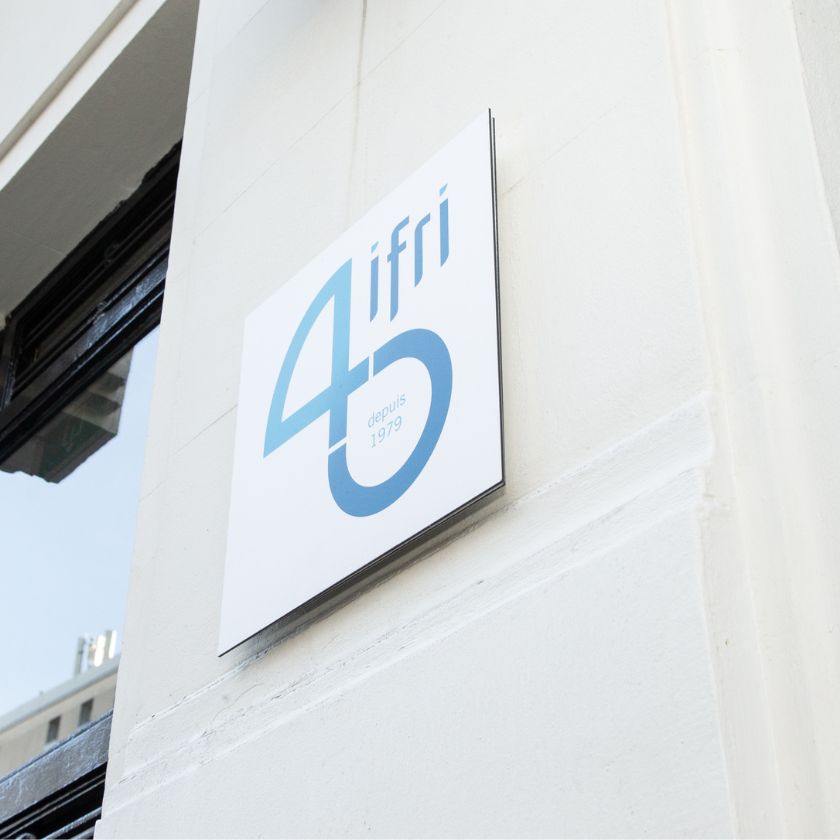
Practical information
Session organized by the CSIS (Center for Strategic & International Studies) and Ifri. Introduction by David Pumphrey, Senior Fellow and Deputy Director, CSIS, with Barbara Buchner, Senior Energy and Environment Analyst, International Energy Agency, Maïté Jaureguy-Naudin, Program Manager, Energy Program, Ifri, Graeme Martin, Manager of Business Development, Environmental Products, Shell Energy North America, Kjell Olav Kristiansen, Director, Advisory Serrvices, Point Carbon. William C. Ramsay, Senior Fellow et Director, Programme Energie, Ifri.
As the U.S. Congress considers proposed climate legislation and debates the merits and complications of a nationawide cap and trade program to reduce green house gas emission, experience under the EU Emissions Trading Scheme (ETS) is useful to inform decisions regarding how to craft a well designed US cap & trade market. European policymakers and firms grappled with the questions of effective cap setting, price volatility, and cost uncertainty during the first 5 year implementation period of the EU ETS and several useful lessons can be drawn from that experience. The European experience also offers insights about the effects on innovation in carbon abatement technologies.
The purpose of this session is to explore some of the lessons learned from the EU ETS experience and discuss how those insights can help U.S. policymakers design a more effective cap and trade system. In light of the upcoming UN climate negotiations in Copenhagen, speakers will also discuss ways for emerging economies to reduce CO2 emissions through carbon markets, in particular regarding offset mechanisms and sectorial approches.
Speakers
Other events

EV Supply Chains for Japan and Europe: Strengthening Economic Security
Economic security aims to ensure the resilience of supply chains for key industries: the case of electric vehicle production in Japan and Europe will be discussed.






